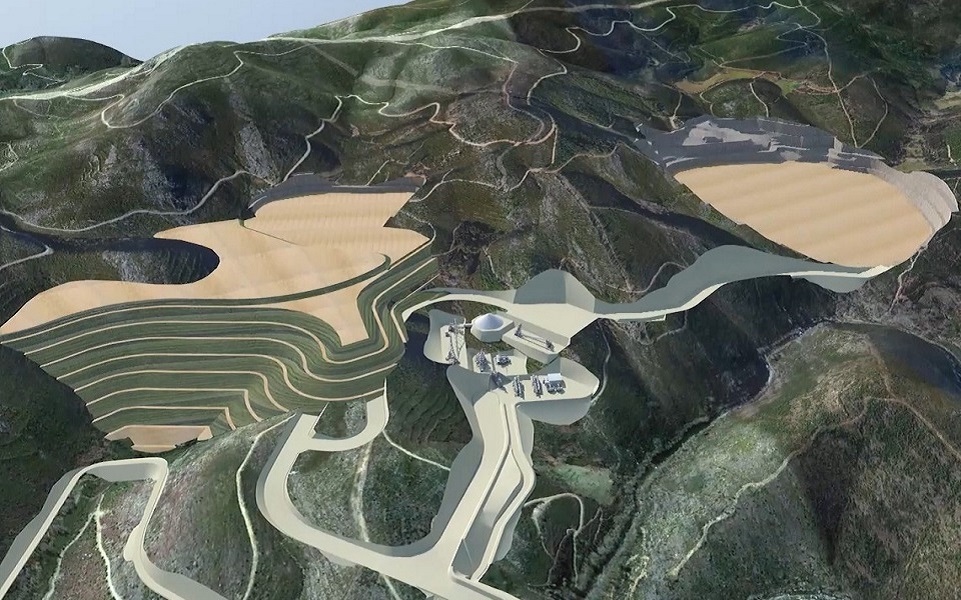The Barroso mine project, in the Vila Real region, involves investing 110 million and creating 215 direct jobs, according to its promoter, Savannah Resources, who also estimates the creation of 500 to 600 indirect jobs.
The company announced on Friday, April 16th, that the Portuguese Environment Agency announced that the Environmental Impact Study (EIA) was in compliance with the requirements, and thus it would pass the following stages of the process simultaneously: entering into a public consultation and a detailed review by the APA Assessment Committee. The company expects the APA to comment on its Environmental Impact Statement (DIA) in August.
The London-based company reveals that the project in the municipality of Boticas has an initial cost of € 15 million to eliminate or reduce social and environmental impacts.
The project will contribute 1.2 billion euros in its accounts to the national GDP over its lifetime.
“Savannah is committed to developing and operating the Mina de Barros project in a responsible manner while minimizing the project’s impact on the local environment,” company president David Archer said in a statement.
“The project is a vital part of the lithium battery value chain that will not only bring economic growth to the Iberian Peninsula, but will also reap significant environmental benefits by reducing carbon dioxide emissions due to the electric vehicle revolution as well as improving the living conditions of millions of Europeans. Air pollution, according to this official.
This project includes the mine, in addition to related infrastructure and a processing plant for spodumene, a mineral “used to produce lithium salts that are used in the production of batteries that power electric vehicles or that are used to store the produced energy in a renewable manner,” according to the company.
In the project, the company says it will construct an eight-kilometer road, at a cost of six million euros, and avoid road traffic in local villages. The ore processing plant will be located in a valley to reduce the effects of sound and light, and without direct visibility into the villages, Savannah says.
The company also says it intends to recycle 85% of the water used in the Barroso mine in order to be nearly self-sufficient.
The company guarantees that the project will be developed in accordance with “worldwide best environmental practices for the mineral production industry and that it will be a model for sustainability and innovation in the Portuguese and European mineral production sector”.
Savannah notes that her project will focus on “the efficient use of energy, materials and water in order to reduce the environmental impact of the life cycles of mineral-based products”.
The Barroso mine has an annual capacity to build 655,000 BMW i3 batteries
The Barroso mine has an annual capacity to manufacture 655,000 BMW i3 batteries or 307,000 Jaguar I-Pace batteries, based on the models these brands produced in 2019, according to company data released in January this year.
In an eleven-year period, the mine will have the capacity to produce 7.2 million BMW i3 batteries, and Savannah noted that the average life of these batteries is eight years. The planned initial investment is US $ 109 million (approximately € 90 million).
Each year, the London-based mining company estimates its production could be as high as 1.3 million tons per year. In November 2020, Savannah estimated there were 27 million tons of lithium in the Parroso mine, up from the 14.4 million tons initially estimated.
Savannah notes that “the Barroso mine is the most important project in the development of spodumene in Europe, offering below average operating costs and capital intensive”.

“Wannabe internet buff. Future teen idol. Hardcore zombie guru. Gamer. Avid creator. Entrepreneur. Bacon ninja.”

